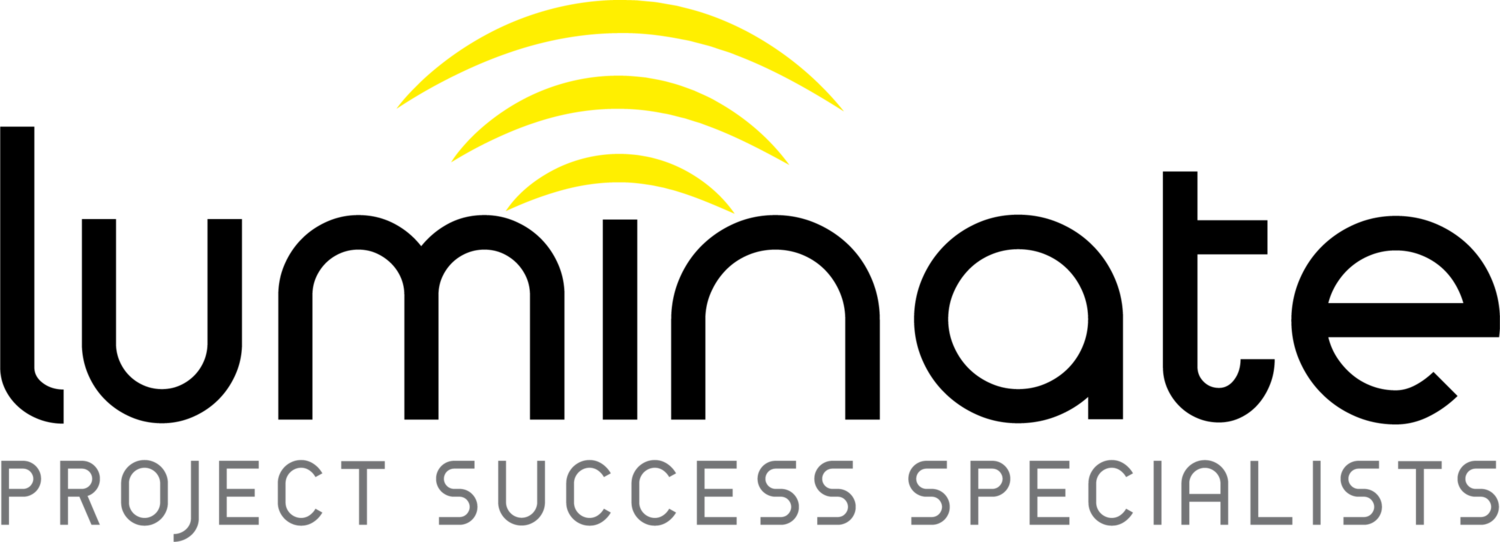Once upon a time, in the not-so-distant past, going into the office from 9 to 5 was the norm, it was the expected and it was the undisputed.
Covid changed everything, and its impact is being felt more now than ever, even compared to the initial chaos it sprung upon us all.
Forced to work from home, spend time with family members and learn new hobbies and skills all from the comforts of one’s home, made a lot of us question what we wanted from life, and from work. As a result, millions of people left their jobs in search of something more fulfilling that provided greater flexibility.
Lockdowns across the world have shown that many people like to work from home and like to spend more time with family, and with the additional time to ponder, many people have questioned the direction of their work lives.
This shift in finding work-life balance has been coined the Great Reshuffle.
The ability to work remotely is now valued as one of the strongest differentiating factors for people when searching for the right role. Many people desire flexibility and are not tempted by a job that requires them to be in the office during all working hours of the day. In fact, it is predicted that life will not return to the way it was before the pandemic.
So, if life is to not return to pre-pandemic expectations, what expectations can employers have and what options should they be looking to offer project delivery teams.
As an employer, consider offering flexibility that allows your team to work remotely and in-office as they wish. In this, it might be worth considering office buildings and what function they provide. In the not so distant future, office’s may serve as a cultural touchstone and a place for meeting clients or recruiting.
This means future team members will need to be self motivated, self sourcing and self directing to have the ability to remain motivated and organised to work from home. Each employee must have access to, and the ability to know how to use, all forms of electronic communication required for the job to work remotely.
In terms of project delivery, a Project Sponsor must be able to set up and maintain communication channels that need to be straightforward and up-to-date, and that all members of the team are responsible and self-reliant. Clarity and connection are key when working remotely, ensuring that everything is transparent and easily accessed.
And most importantly, for it all to work, make sure that you as an employer, value your team and make them feel valued. Because if the Great Reshuffle has taught us anything, it’s that people are now looking for jobs that make them feel fulfilled in life. The last thing you want to hear as the closing words from your team members, is that they’re going to go somewhere they feel valued.
The onus is on you, the Project Sponsor to make your project roles the ones worth sticking around for. Make sure that flexibility is readily accepted, because for the most part, hybrid is the new way forward enabling a win-win situation for workers and organisations alike.


